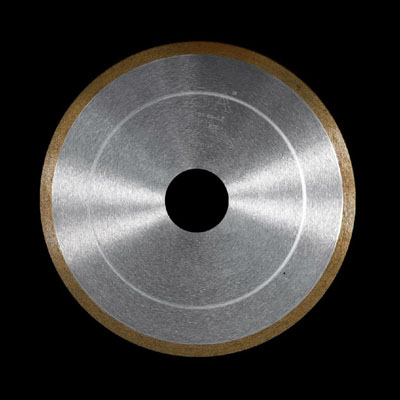
On Wednesday (local time), World Trade Organization (WTO) released its examination report from expert group in Dispute Settlement Body, supporting China's major claims and judging that the U.S. 13 anti-dumping measures violate WTO rules.

On Wednesday (local time), World Trade Organization (WTO) released its examination report from expert group in Dispute Settlement Body, supporting China's major claims and judging that the U.S. 13 anti-dumping measures violate WTO rules.
The report concludes that in the aspects of targeted dumping (for a specific type product dumping and dumping margin calculation), and Separate Rates (discriminatory refusal to give Chinese exporters separate rates), the United States launched anti-dumping measures on China, which violates WTO rules.
The anti-dumping cases began on December 3, 2013, and products involved include oil well pipe, aluminum extrusion materials, industrial diamond saw blade, solar cells (plate), and other new energy products, and warm water shrimp and other agricultural products.
According to the data from Ministry of Commerce of China, by the end of 2013, China has had 12 cases of active prosecution under the WTO dispute settlement mechanism. In addition to the tire case, China won the rest of 11 pieces anti-dumping cases.
However, China's trade disputes with U.S. still continue. Last Thursday, Frohman, a U.S. trade representative announced the U.S. government has submitted to set up a expert group to WTO Dispute Settlement Body, reviewing China's export restrictions, including export tariffs and quotas of antimony, chromium, cobalt, copper, graphite, indium tin, lead, magnesium oxide, talc, tantalum, and 11 kinds of raw materials in total.
The U.S. trade representative's office made a statement on the same day, and the 11 kinds of raw materials are important raw materials for the production of high value-added products in the aerospace, automobile, electronics, iron and steel, construction and other industries. China's export restrictions for the above raw materials, increase the production cost of the related manufacturing enterprises in U.S., which makes China's manufacturing enterprises obtain "unfair" competitive advantages.